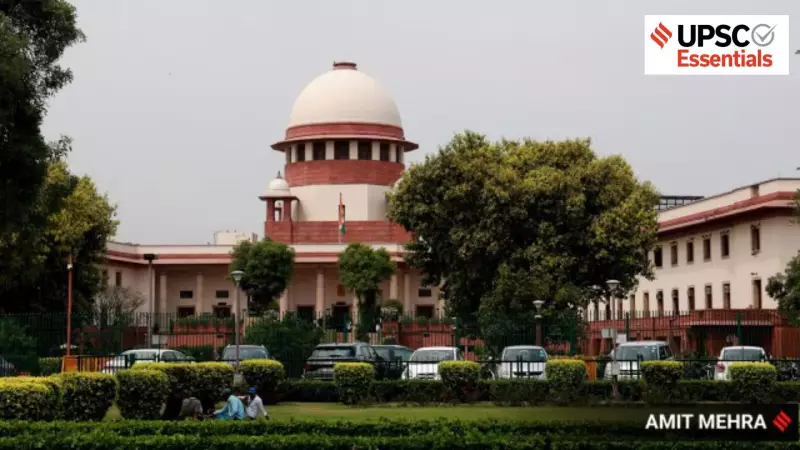
In the intricate machinery of India's democratic republic, one constitutional office stands as both legal sentinel and government advisor - the Attorney General of India. This pivotal position, often operating behind the scenes, wields significant influence over the nation's legal landscape and governance.
The Constitutional Cornerstone
Established under Article 76 of the Indian Constitution, the Attorney General serves as the government's primary legal advocate and advisor. Appointed by the President of India, this legal luminary must possess qualifications matching those of a Supreme Court judge - a testament to the position's importance.
Beyond Courtroom Battles
While most visible during high-profile Supreme Court cases, the Attorney General's responsibilities extend far beyond litigation. The office provides critical legal counsel to the government on complex constitutional matters, reviews proposed legislation for legal soundness, and represents the Union Government in landmark legal disputes.
A Unique Constitutional Position
What makes this role particularly fascinating is its dual nature. The Attorney General enjoys the right of audience in all Indian courts yet isn't considered a government employee. This unique status allows the office to maintain independence while serving the government's legal needs.
The Pillars of Responsibility
- Legal Advocacy: Representing the Government of India in Supreme Court cases of national importance
- Constitutional Guidance: Advising the President and government on complex legal matters
- Legislative Review: Examining proposed laws for constitutional compliance
- Rights Protection: Ensuring government actions align with constitutional principles
Why This Office Matters Today
In an era of increasing legal complexity and constitutional challenges, the Attorney General's role has never been more critical. The office serves as the legal conscience of the executive branch, ensuring that governmental power exercises within constitutional boundaries.
From landmark cases that shape citizen rights to advising on international treaties, the Attorney General remains central to maintaining the delicate balance between state power and individual freedoms that defines Indian democracy.






